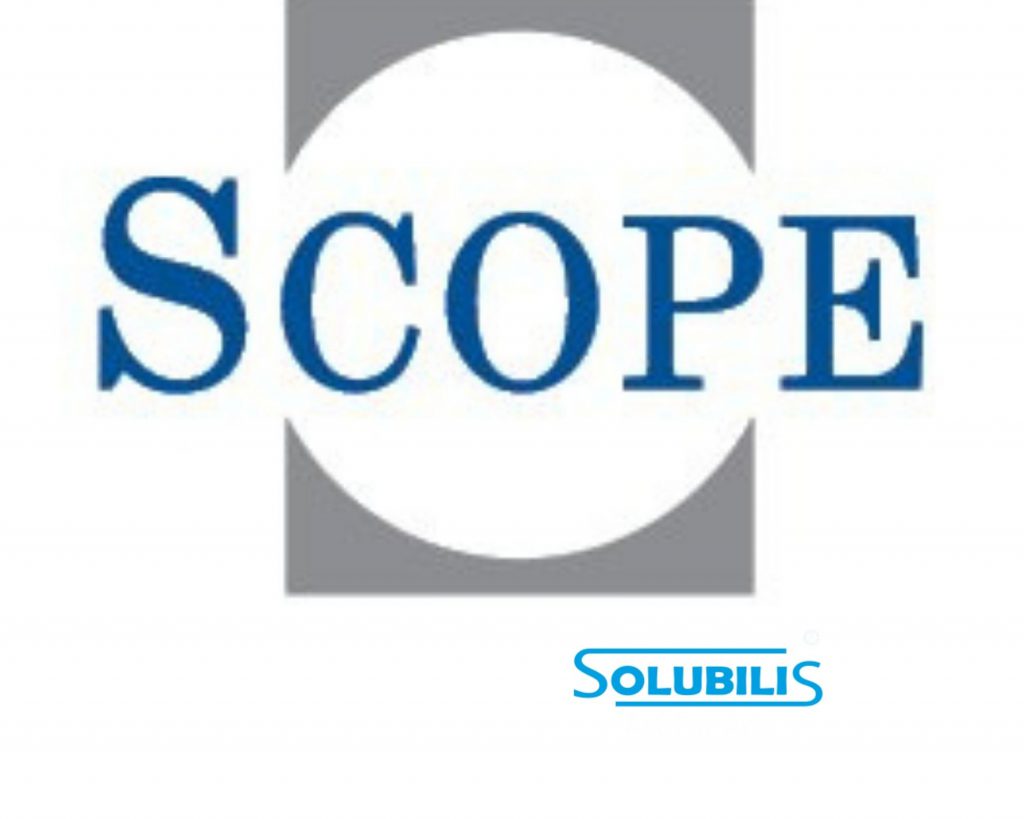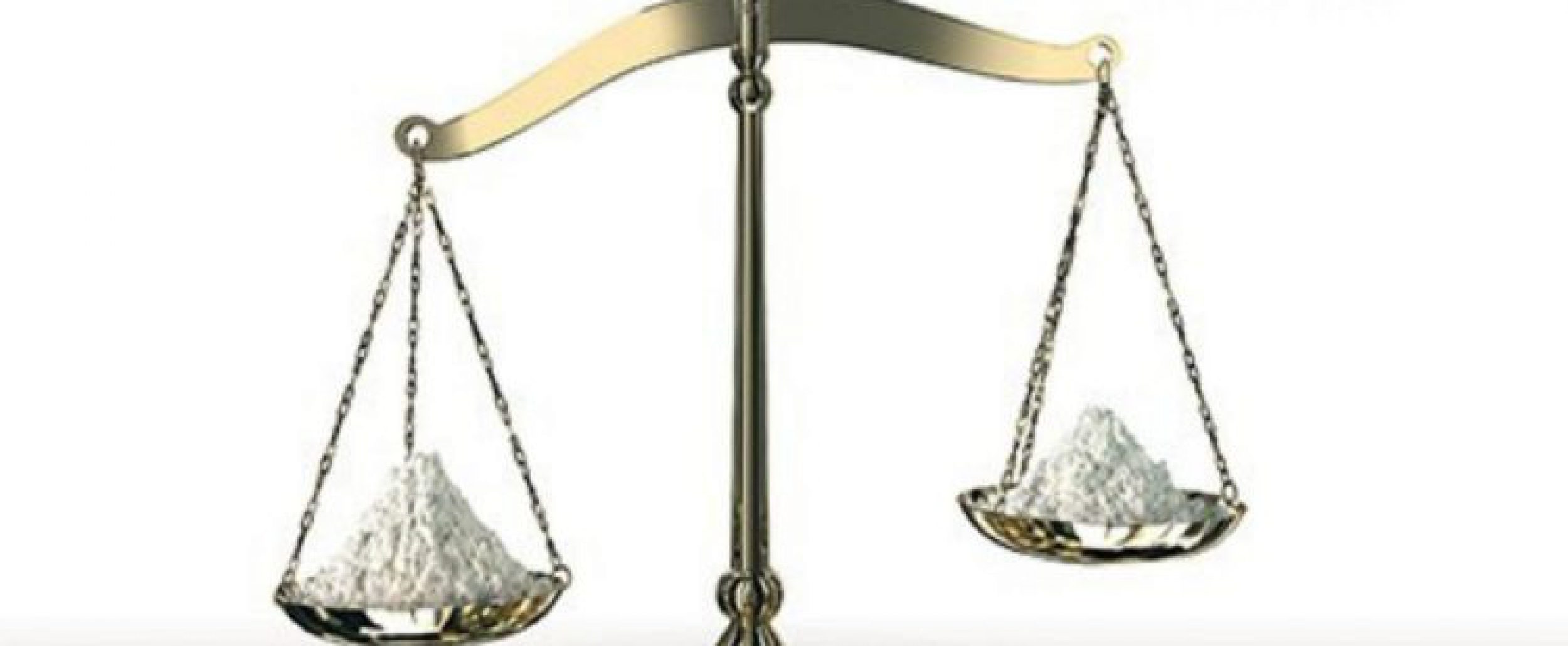Legal metrology certificate- Scope, latest news

TALK TO EXPERTS
Legal Metrology is the science of measurement. The legal metrology certificate has the issuance when applied in that field. Actually Legal metrology should not have confusion with “meteorology”, the science of weather and weather forecasting. Metrology includes units of measurement and its standards. Measuring instruments and all theoretical and practical problems related to the field and measurement of their application.
Measurements are essential for almost all aspects of human activity, ranging from product control, environmental quality measurement, health and safety assessment, consumer protection assessment, and consumer safety and fair trade assurance. Metrology is classified into three main areas: Scientific Metrology, Industrial Metrology and Legal Metrology.
Fields of metrology
Scientific metrology is the part of metrology that deals with common problems in all metrological questions, regardless of the quantity measured. It covers common theoretical and experimental problems concerning units of measurement, including their realization and propagation by scientific methods, problems with errors and uncertainties in measurements, and problems with the metrological properties of measuring instruments.
Legal metrology certificate states that there are various specialized fields of metrology, for example:
Mass Metrology deals with mass measurement;
Dimensional metrology working with length and angle measurements;
Temperature Metrology working with temperature measurements; Electrical Metrology dealing with electrical measurements;
Chemical metrology deals with the parameters of chemistry. Industrial metrology deals with production and quality control criteria. These include
calibration procedures,
calibration intervals,
control of measurement processes in the industry, and
control of measuring devices to ensure that they are in compliance with the requirements for their intended use. Legal metrology is the part of metrology that is subject to legal / regulatory control. It has the definition in the International Vocabulary of Legal Metrology, as the parts of metrology related to activities; that result from the measurement of legal requirements and concerns are units of units. Measurements, measuring instruments and methods of measurement and which have performance by competent bodies.
The Scope of legal metrology

The scope of legal metrology is based on and may differ from national regulations from country to country. In general, most countries have laws in place to control trade measures. Some countries also regulate measurements in the following areas. Health Public health and human safety (e.g. in the medical field and road safety), Environmental protection and pollution monitoring, and Inspection and control of resources. From trade in goods such as petroleum, natural gas or metal ore in the markets to retail sales of goods to the people in the market, the criteria come in practically all commercial transactions.
In normal commercial transactions, legal metrology ensures that during the sale of any commodity in retail form, the actual delivery to the buyer is not less than the contract and the amount paid. In the case of prepaid goods, the primary requirement is that the packages had intention for retail sale; should have the mark with a proper statement of net quantity and the name of the packer should have the mark in style and form easily visible by the buyer.
Added to it, the packaging of certain items may be in standard quantity to compare quantity and price. Net content inspection of pre-packages conducted by the Legal Metrology Authority protects consumers who cannot verify the net quantity of material. Legal metrology therefore ensures fair trade practices and maintains a competitive market. It also encourages manufacturers, distributors and retailers to adhere to good production and distribution methods. Legal control over standards relating to public health and human safety is the same.
Example
For example, a clinical thermometer or a blood pressure instrument that has no proper check can lead to misdiagnosis and incorrect medication. Chemical metrology monitors food and toxins in the human body while breath analyzers and radar speed measurements help ensure our safety on the road. The field of environmental protection and pollution monitoring is heavily regulated and is already one of the most important measurement activities of modern legal metrology.
As the planet has threat with depletion of many of its precious resources (water, minerals, oil and gas, fish, etc.), as prices rise; so does the need for more accurate measurements. Countries increasingly control resource oversight and control based on adequate measurements. It is expected that in this 21st century, environmental protection and resource monitoring will become the most important field of legal metrology compared to trade metrology.
Physical representation of legal entities
In order to translate legal entities into practice for application in various fields, they should have physical realization. The measurement standard can have a physical measurement, reference material preserved to serve as a reference. The International Standard (or Prototype) of kilograms is the cylindrical portion. It is of platinum-iridium alloy of diameter and height, kept by the International Bureau of Weights and Measures (BIPM) in Savers, near Paris. Each member country of the Meter Convention receives a copy of the International Prototype, the appropriate certificate of which is certified by BIPM. This constitutes the national standard in kilograms.
The primary standards of other units can be experienced in some well-equipped national metrology institutes by preparing such objects or by reproducing the events required for the purpose. With the exception of kilograms whose definition is based on physical art; the definition of all other base units is now based on a natural phenomenon that can be more easily reproduced at the level of national laboratories. The realization of these support units is a complex task; however, the advantage is that in theory has carried out at any place and at any time.
Latest news

The government has allowed companies to use packaging material inventory or already printed manufacturing debt wrappers by March next year, a major relief for the FMCG sector, which has suffered during the lock-down.
According to the order issued by the Ministry of Consumer Affairs, manufacturers will have to stamp or paste stickers. This is for disclosing the exact month and year details. This is available for production and packaging. Without these concessions, the packaging material would have wasted as they have no permission to put stickers. Also they have no permission to change the details.

